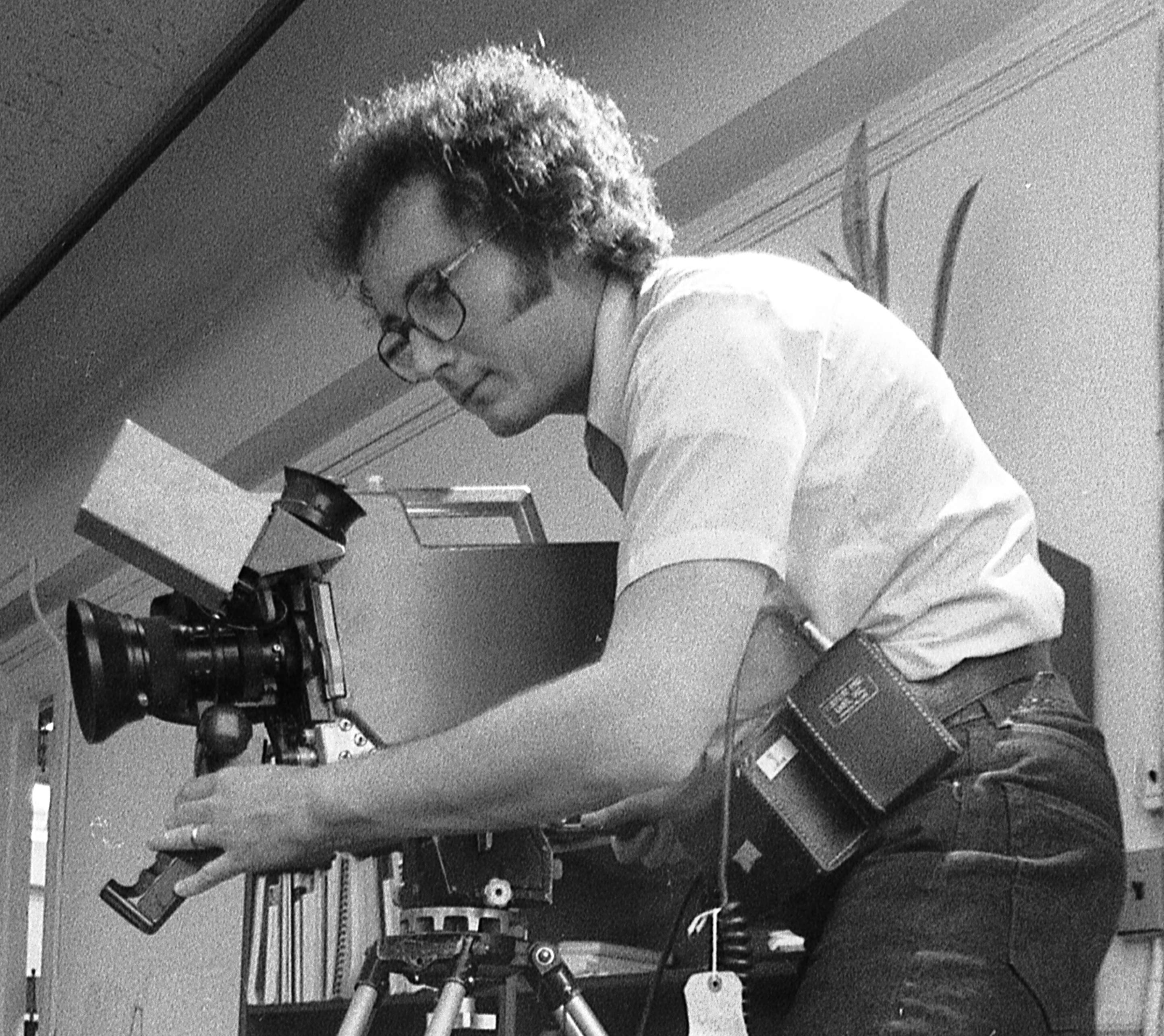Jünger Audio Secures a Prestigious Order from Chinese Broadcaster NBTV
As China turns its attention to the issue of loudness control across TV and radio, one of the country’s most prestigious broadcasters has chosen technology from German dynamics specialist Jünger Audio to ensure delivery of superior audio quality to its audiences.
Based in Ningbo in the East China province of Zhejiang, NBTV has installed five Jünger Audio D*AP LM4 four-channel Digital Audio Processors to tackle loudness control across all of its television channels. The D*AP LM4 units incorporate Version II of Jünger Audio’s renowned LEVEL MAGIC™ algorithm and feature on-board AES/EBU digital I/O, along with optional 3G/HD/SD-SDI I/O or analogue I/O.
This important sale was negotiated by Jian Gao, head of Jünger Audio’s China office, in conjunction with the company’s local sales partner Rotec China which specialises in providing high end solutions to the broadcast market. Based in Shanghai, Rotec China also supplies equipment from manufacturers such as Dolby, Sony, Cannon and FOR-A.
Mr Tim Zhong, Sales Engineer for Rotec China who was in charge of the NBTV project, says: “NBTV has a strong reputation for installing cutting edge technology and is renowned for thoroughly testing all equipment before making a decision to invest. In this case the broadcaster was looking to upgrade its automatic transmission equipment to incorporate loudness control and Rotec was approached to recommend suitable products.
“Jian Gao and Rotec China visited the broadcaster on a number of occasions and suggested Jünger Audio’s D*AP LM4 processor because it was perfectly suited to NBTV’s needs. Not only is the unit compliant with all current broadcast audio loudness recommendations (including ITU, EBU R128 and ATSC A/85) but it can also be automatically controlled via a web interface for remote applications.”
NBTV tested a number of different manufacturer’s loudness solutions before choosing the Jünger Audio D*AP LM4. Its decision was based on the unit’s overall sound quality and its ability to control loudness across different programmes and different channels.
Mr Shi-Song Wu, the director of NBTV’s Technical Center, says: “We installed five D*AP LM4 units in time for the recent Chinese New Year celebrations. Their performance has been great and we are very impressed with their ability to accurately control audio loudness. The combination of German reliability and precision engineering were also key factors in our decision to invest.”
The professional video industry's #1 source for news, trends and product and tech information. Sign up below.
Loudness control in China is now receiving serious attention from both the Government and from the major broadcasters, all of which are state owned and have their investment in technology secured every year. As in other parts of the world, loudness control is being driven by complaints from viewers who are often irritated by inconsistencies in level between different channels and between programmes and commercials.
Tim Zhong says: “China’s regulatory body SARFT is set to issue its own standard on audio loudness and we believe that this will be specify -24LKFS as the average loudness level. This is similar to the standard that has already been adopted in Europe and the USA and for this reason many Chinese broadcasters, including NBTV, are implementing the ITU1770 standard.”
Another broadcaster that is implementing the ITU standard is FJTV, a provincial station in Fujian. FJTV is also an advocate of Jünger Audio ITU-complaint loudness control technology, having installed a number of the company’s B46 units in recent years. The broadcaster recently added to its equipment itinerary with three more B46 units, which it is using for newly added channels.
Jünger Audio’s Jian Gao says: “The B46 processor has been a good and affordable solution for Chinese broadcasters but it is being superseded by the D*AP LM4. We are now arranging for FJTV to trial the D*AP LM4 as it offers a lot more functionality including the ability to log loudness levels, which will be an important consideration for broadcasters if they are to comply with any new legislation.”
-ends-
About Jünger Audio
Established in Berlin in 1990, Jünger Audio specialises in the design and manufacture of high-quality digital audio dynamics processors. It has developed a unique range of digital processors that are designed to meet the demands of the professional audio market. All of its products are easy to operate and are developed and manufactured in-house, ensuring that the highest standards are maintained throughout. Its customers include many of the world’s top radio and TV broadcasters, IPTV providers, music recording studios and audio post production facilities.
www.junger-audio.com
